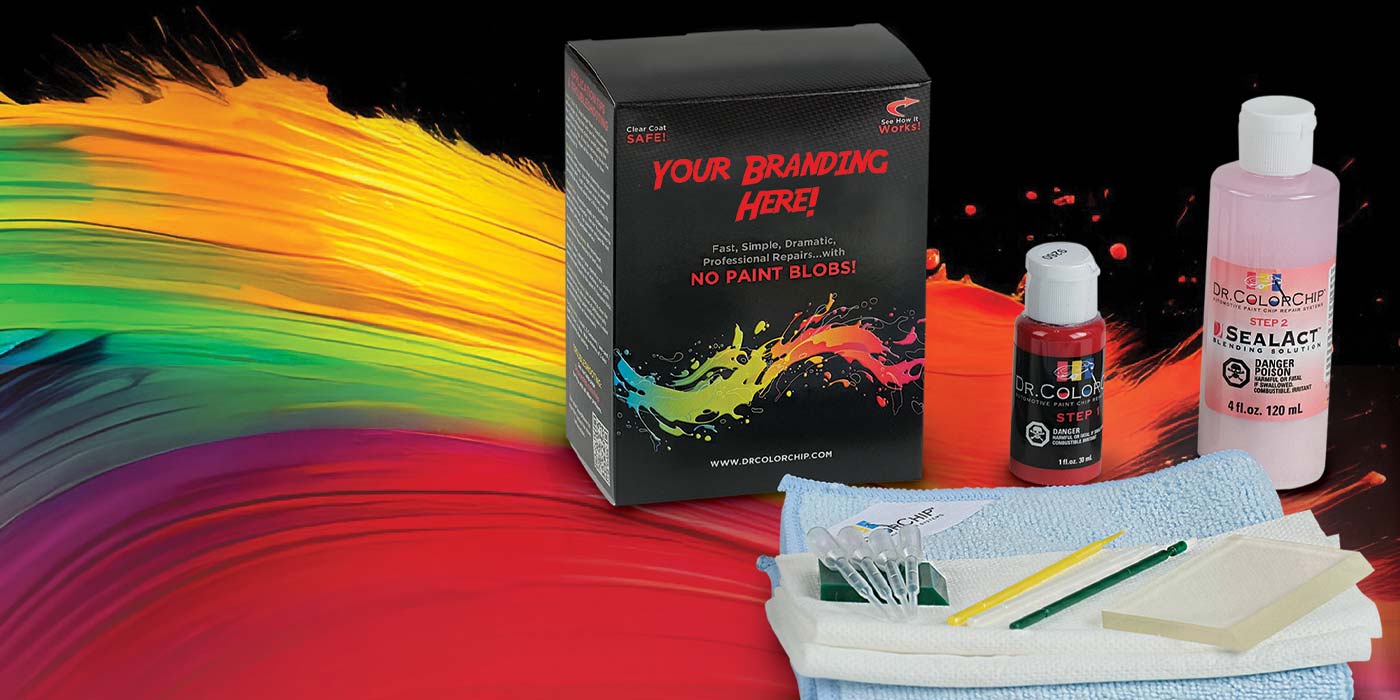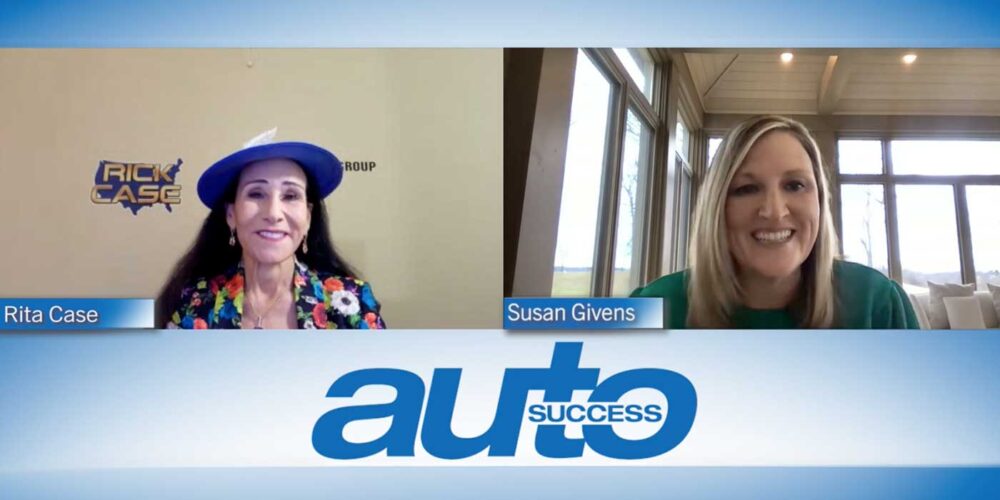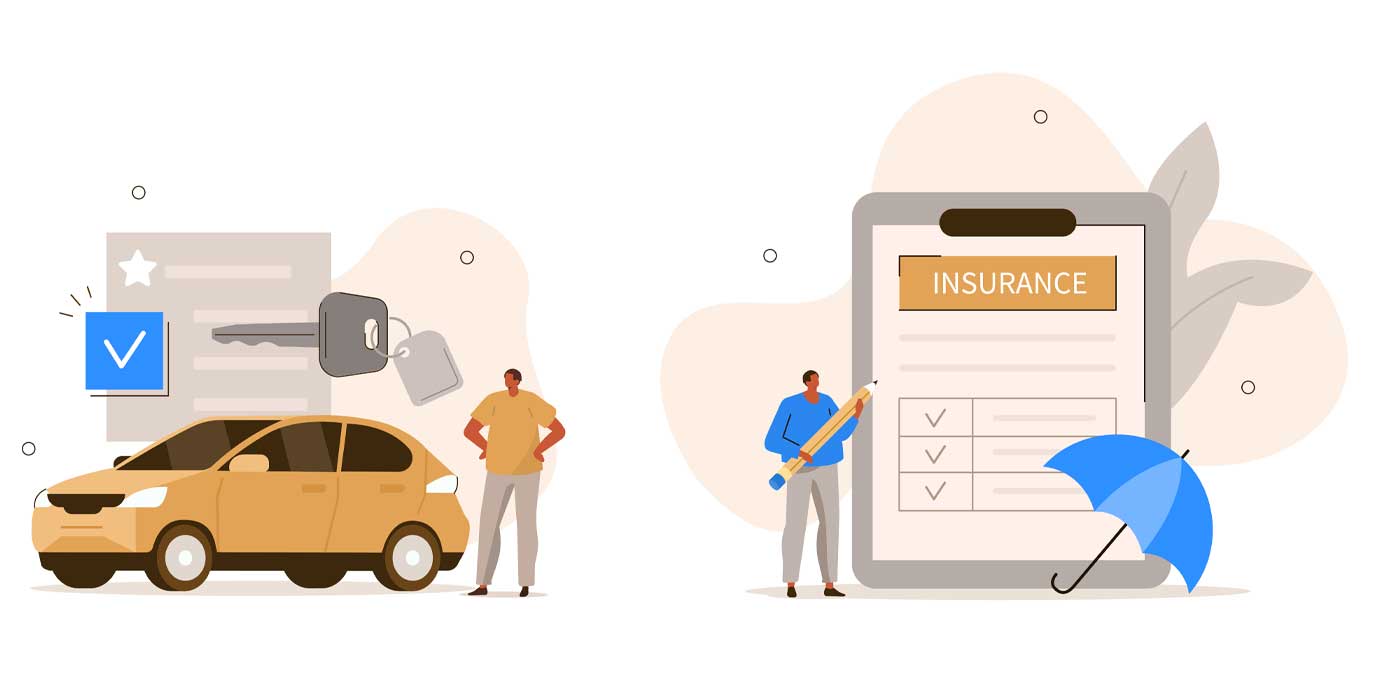How long has it been since you checked on your compliance policy?
It’s no secret that compliance laws seem to be changing more and more frequently these days, making it increasingly difficult to adhere to government regulations and making a dealership compliance policy an imperative. However, many dealers continue to view compliance as a one-time adjustment they can make and then forget about. Without proper follow-up, a compliance policy on its own offers little protection against costly violations. Here are some of the reasons your compliance program might not be working as well as it should be.
You Don’t Know What You Don’t Know
Do your employees know the law? In the big, complicated world of compliance, ignorance is not bliss, and claiming “I didn’t know” will not suffice in an FTC inquiry. Many dealership employees have never been properly trained in compliance matters, so they simply rely on doing business the way it’s always been done. Or, even if they were trained at one time, do they stay informed of all Consumer Financial Protection Bureau (CFPB) updates? Ultimately, it is the dealership that is responsible for employee actions and that will be subject to civil and criminal penalties.
Lack of Follow-Through
How often have you put a new policy in place only to find in a deal audit months later that the policy has gone by the wayside or was never implemented at all? You may have dedicated the time and resources up front, but let’s face it, old habits are hard to break.
Without consistent checks and follow-up, employees will resort back to what they’ve always done, what they’re comfortable with. Make sure employees understand the changes and the long-term benefits to them and the dealership. They need to know that management supports these changes and is committed to enforcing them. Have regular meetings with your employees and designated compliance personnel to ensure new policies are being implemented. If your people have not been properly trained and supervised, even the best programs will fail. It is vital to have all employees on the same page when it comes to compliance issues.
Compliance Complacency
It’s not enough to put compliance procedures in place; you have to make sure they stay in place. Policies change frequently, and compliance means being aware of the changes and revising your own program accordingly. For example, how often has your dealership revisited its Safeguards policy since the FTC Financial Information Safeguards Rule took effect in 2003? If your answer is “never” or “not sure,” then it’s definitely time to reevaluate your procedures and bring them up to date to coincide with your current operations. Don’t wait until you receive a subpoena or an inquiry from the FTC to determine whether your current policies are up to par. Be proactive!
Violations are costly and time-consuming, and they can jeopardize a dealership’s hard-earned reputation. The FTC website (www.ftc.gov) contains recent stories of dealerships facing legal action and hefty fines (from a few thousand dollars to a few million!) as the result of questionable practices. Knowing and understanding the laws, following through with the policies you put in place, and keeping them up to date can save you a lot of time and aggravation down the road.














